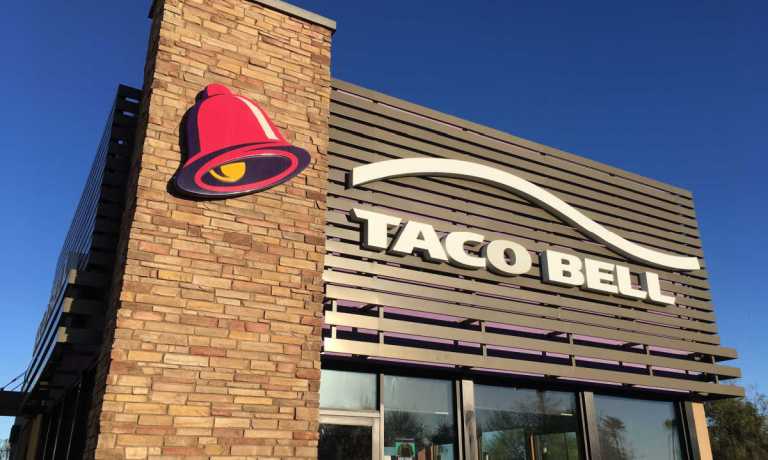Taco Bell Sees Record Digital Sales as Parent Yum Brands Invests in Tech

Taco Bell parent Yum Brands is continuing its investment in digital technology.
During a quarterly earnings call Wednesday (Feb. 7), CEO David Gibbs noted that digital sales were up 22%, as the company dealt with challenges, including conflicts in the Middle East and shifting consumer behavior.
The trend was on display at Taco Bell, which saw a record digital sales mix during the quarter, at 31%, up seven points year over year. Kiosk sales were a large driver too, Gibbs said, up 15 points from the fourth quarter of the prior year.
“Optimizing our digital channels is also contributing to growth in Taco Bell’s loyalty program, with active loyalty users growing 17% in 2023,” he said. “The team plans to bring exciting enhancements to the loyalty program in the second half of 2024 to capitalize on digital engagement and provide an easier experience for customers to earn and redeem points.”
Also this year, the company plans to develop and test new artificial intelligence-driven capabilities, such as personalized upselling recommendations for customers placing digital orders, intelligent menu pricing, and dynamic restaurant routines for general managers.
“Stepping back, it’s incredibly encouraging to see this digital ecosystem come to life in our restaurant,” Gibbs said.
Yum’s targeted upselling plans put it in the company of other quick-service restaurant companies making similar efforts.
For example, Chipotle said on its earnings call Tuesday (Feb. 6) that it used insights drawn from its digital loyalty program to more effectively increase customer engagement.
“We recently rolled out suggestive upsell on our app at checkout based on data we have on our rewards members, including prior order history,” CEO Brian Niccol said. “Going forward, I believe we are on a multiyear path to commercializing our customer data and insights into more targeted marketing campaigns and improving the overall digital experience that will drive increased frequency and spend over time.”
QSR giant McDonald’s is going after the digital personalization opportunity as well.
Consumers seem open to this sort of messaging, as the PYMNTS Intelligence report “Personalized Offers Are Powerful — but Too Often Off-Base” showed. It found that 71% of consumers have gotten personalized offers and are interested in them, while another 12% have not received personalized offers but are interested.